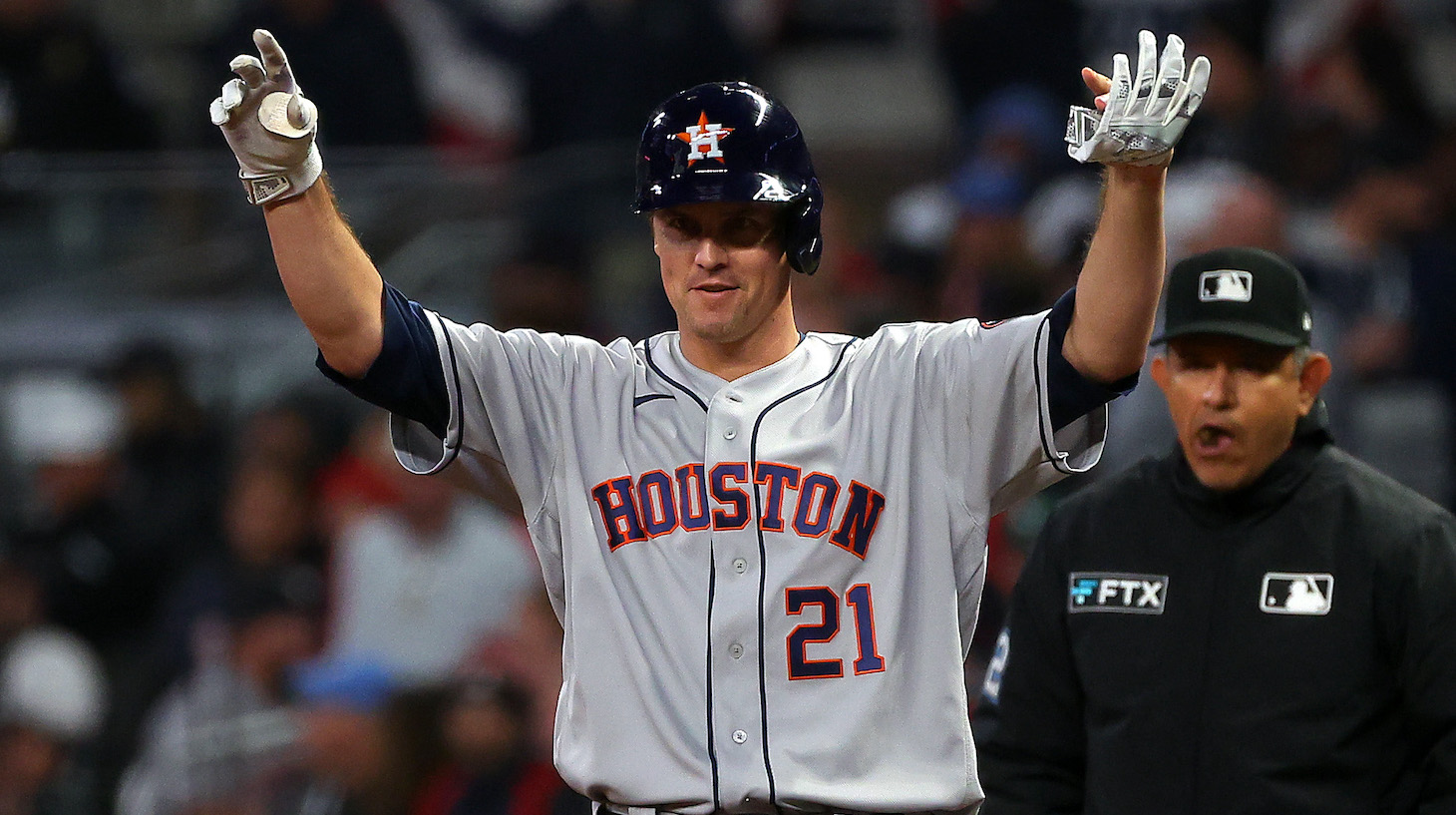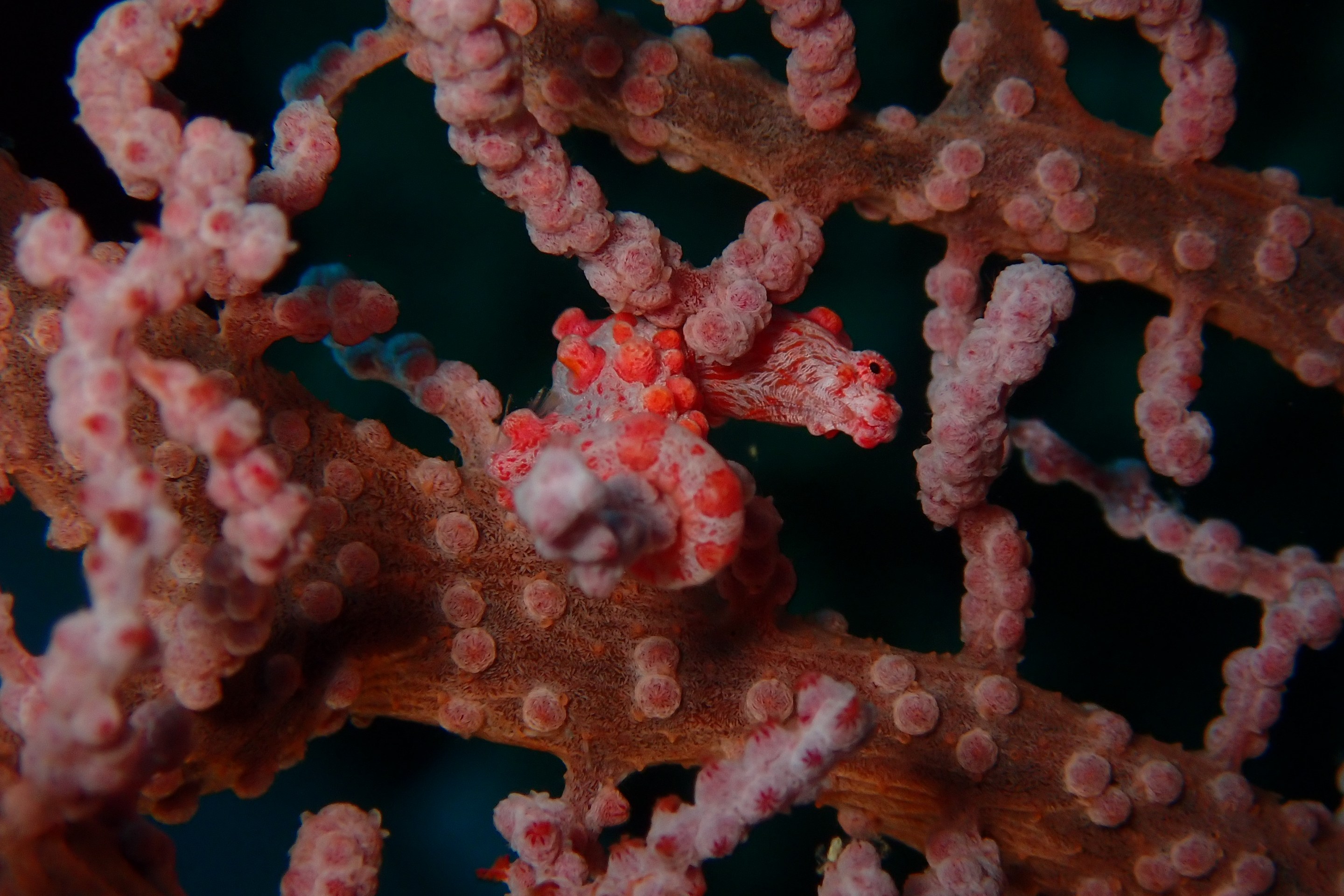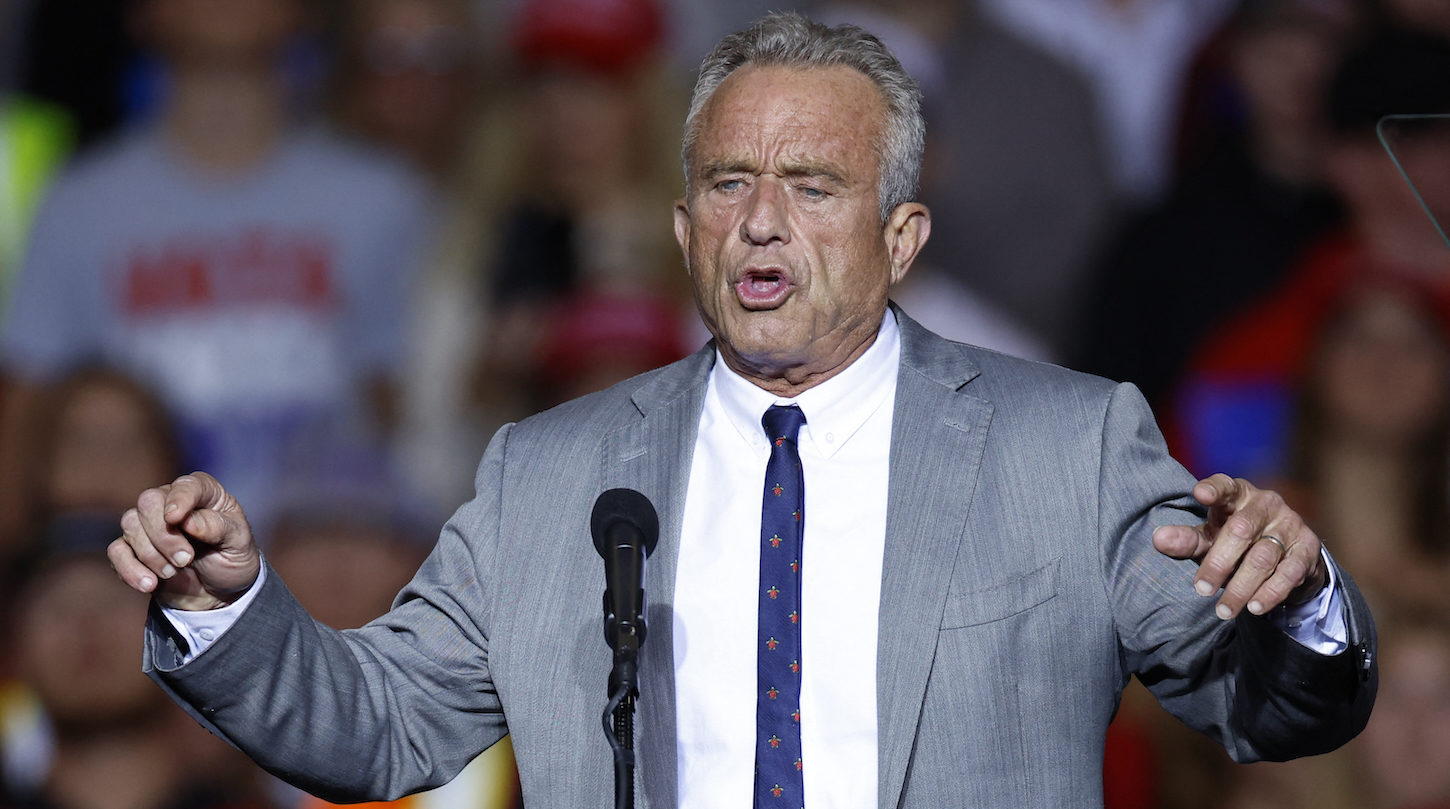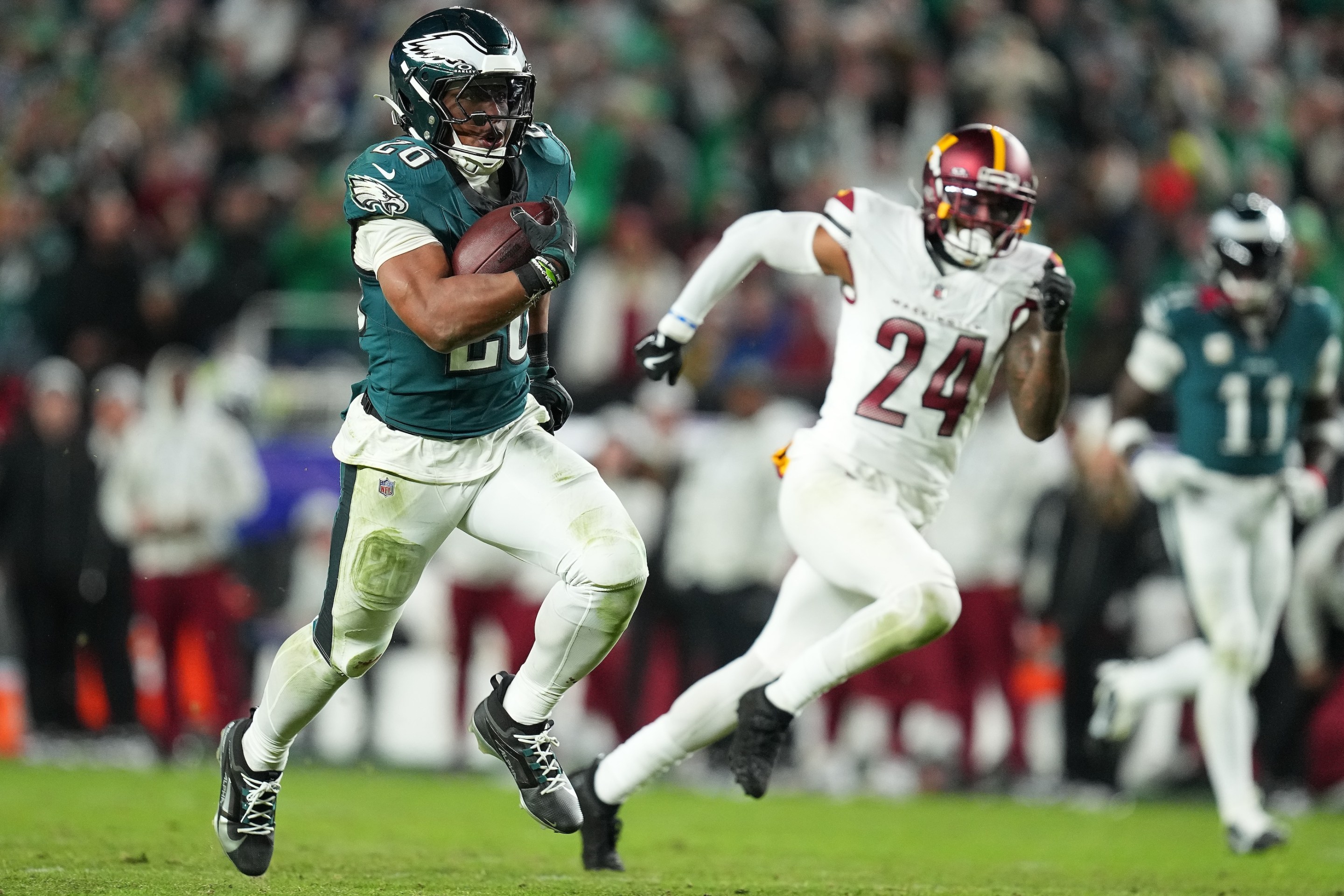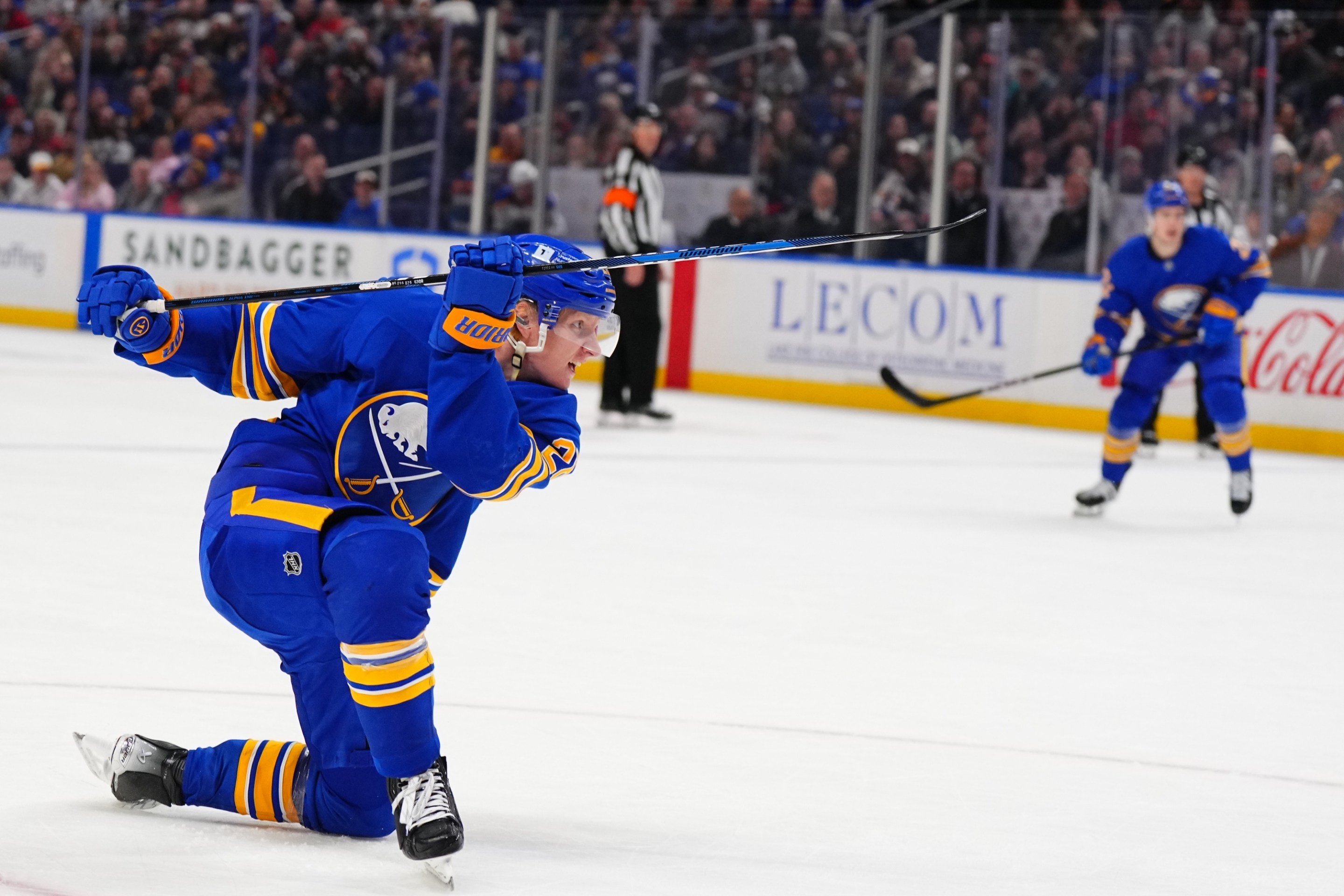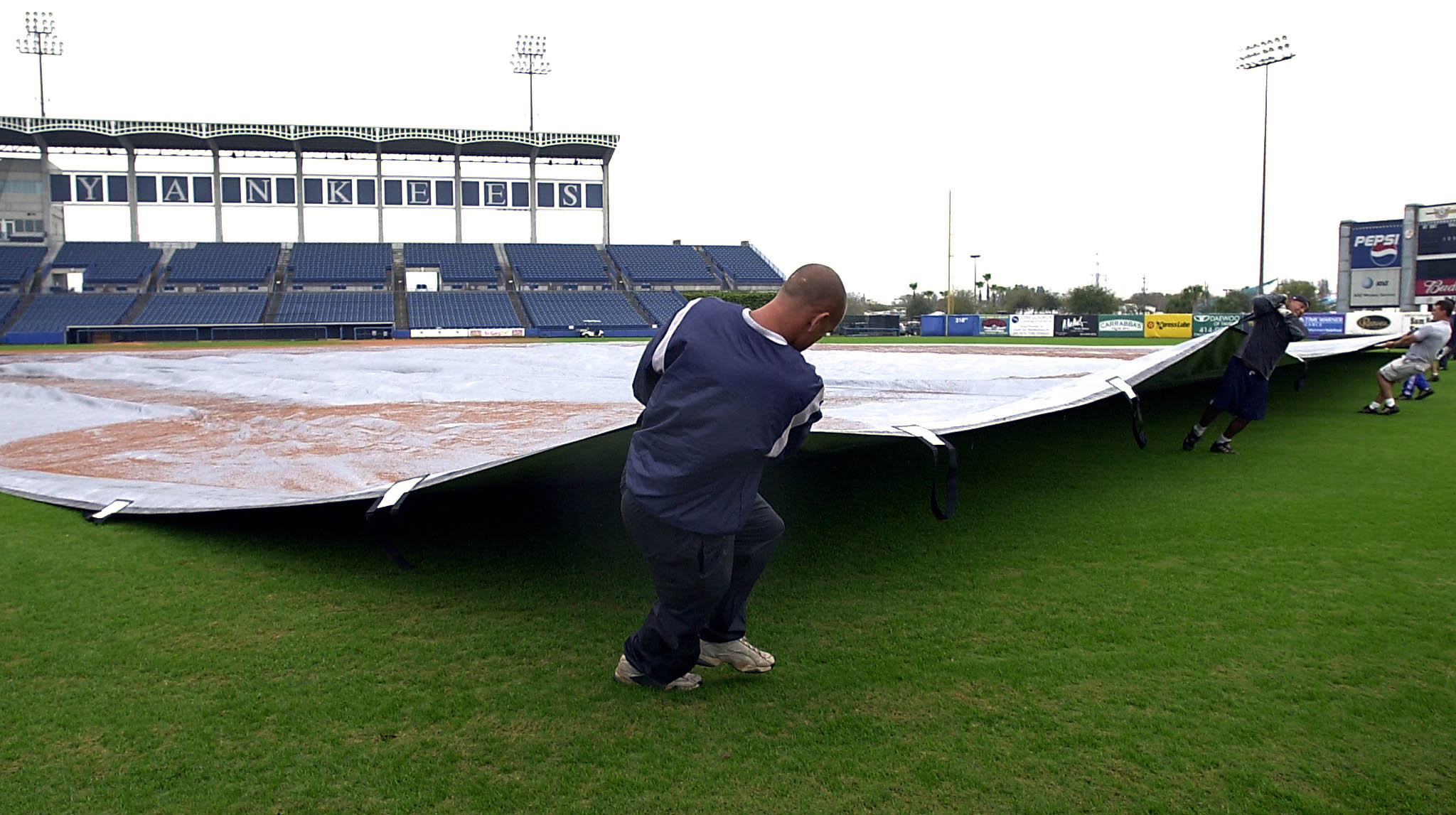If things go as everyone expects them to—which, to be fair, has never been a dependable augury—this is it for pitchers hitting. The next CBA, to be negotiated this winter, is likely to include the designated hitter in both leagues, putting an end to more than a century of baseball tradition of near-automatic outs in the nine-slot. But it's more than just weak dribblers to kill rallies and pitching around eight-hitters. It's a whole interconnected web of rituals. It's the double switch, and it's the warm-up jacket being run out by a bat boy to keep a pitcher's shoulder warm on the basepaths, and it's hurlers hurting themselves running the bases, and it's those few pitchers who can really whack it at the plate, outweighed by the many, many who cannot, and it's members of that latter group occasionally getting around on one. It's the National League remaining in any way separate from the American. Maybe you're a supporter of the universal DH and maybe you're not, but there's something sad about a part of the sport's history being consigned to just that: history.
Opinions on the field are mixed. “I really enjoy hitting, but [the DH] is good for the game,” said Max Fried, Atlanta pitcher and silver slugger finalist. “To me, [pitchers hitting] is not real baseball. I want to see real hitters out there,” said Carlos Correa. “Once it ever changes to DH, then it will probably never change back, and that’s something that would sadden me," said Dusty Baker.
Sunday night's Game 5, then, won by the Astros 9-5 to stay alive and send the series back to Houston and the purview of the AL, may very well have been the last game in MLB history to have pitchers hit by rule. With this potential final act noted by many and mourned by fewer than that, the end of the era was sent off in fine style by an unlikely encore from Zack Greinke.
Greinke, who started Game 4 and slapped a single, had been asked if he'd thought about that being perhaps the last hit by a pitcher. He demurred, saying, "We'll see." Maybe he knew something. Greinke, a pretty damn good hitter—on Saturday he became only the second pitcher in the history of the World Series to bat anywhere other than ninth in the order, joining some guy named Babe Ruth—found himself called upon in the fourth inning of last night's game, as a pinch-hitter. And wouldn't you know it, he really got ahold of one.
Greinke's sharp single the other way was the first pinch-hit base hit by a pitcher in the postseason since Jack Bentley did it for the Giants in the 1923 World Series. Maybe even cooler, the single was the hardest-hit ball by any Astro in Game 5, with an exit velocity of 105.9 MPH. The man can hit!
He's hit a more-than-respectable .225 over his career in the regular season and a robust .269 in the playoffs, and is now 3-for-7 as a pinch-hitter. That made him a fine option for Houston, given their AL-constructed bench, made thinner by the loss of pinch-hitter extraordinaire Jason Castro to the COVID list. “I didn't want to burn one of my other pinch-hitters,” Baker said, “because when you're in the National League, I think they have six extra men and we only have five."
So, Greinke in Game 4 was not in fact the last pitcher to get a hit—that may instead prove to be Greinke in Game 5 (setting aside the outside chance of him getting future opportunities off the bench, and ignoring the existence of Shohei Ohtani). But Greinke was also not the last pitcher in baseball history to come to the plate in their regular spot in the batting order. That honor instead belongs to Houston reliever Kendall Graveman, called on to pitch in the eighth inning and allowed to "hit" so he could polish off the ninth.
Graveman down on strikes for the 3rd out .. last licks for ATL#Astros 9 #Braves 5 B9 pic.twitter.com/eFUvkYZH9G
— Sports 24/7 (@B_R_R_D) November 1, 2021
Graveman struck out, never taking his bat off his shoulder. That's a more fitting send-off than Greinke's slap singles, because it's a more accurate encapsulation of what we'll be missing when pitchers no longer hit. In spite of that, we will indeed be missing it, at least a little bit.
